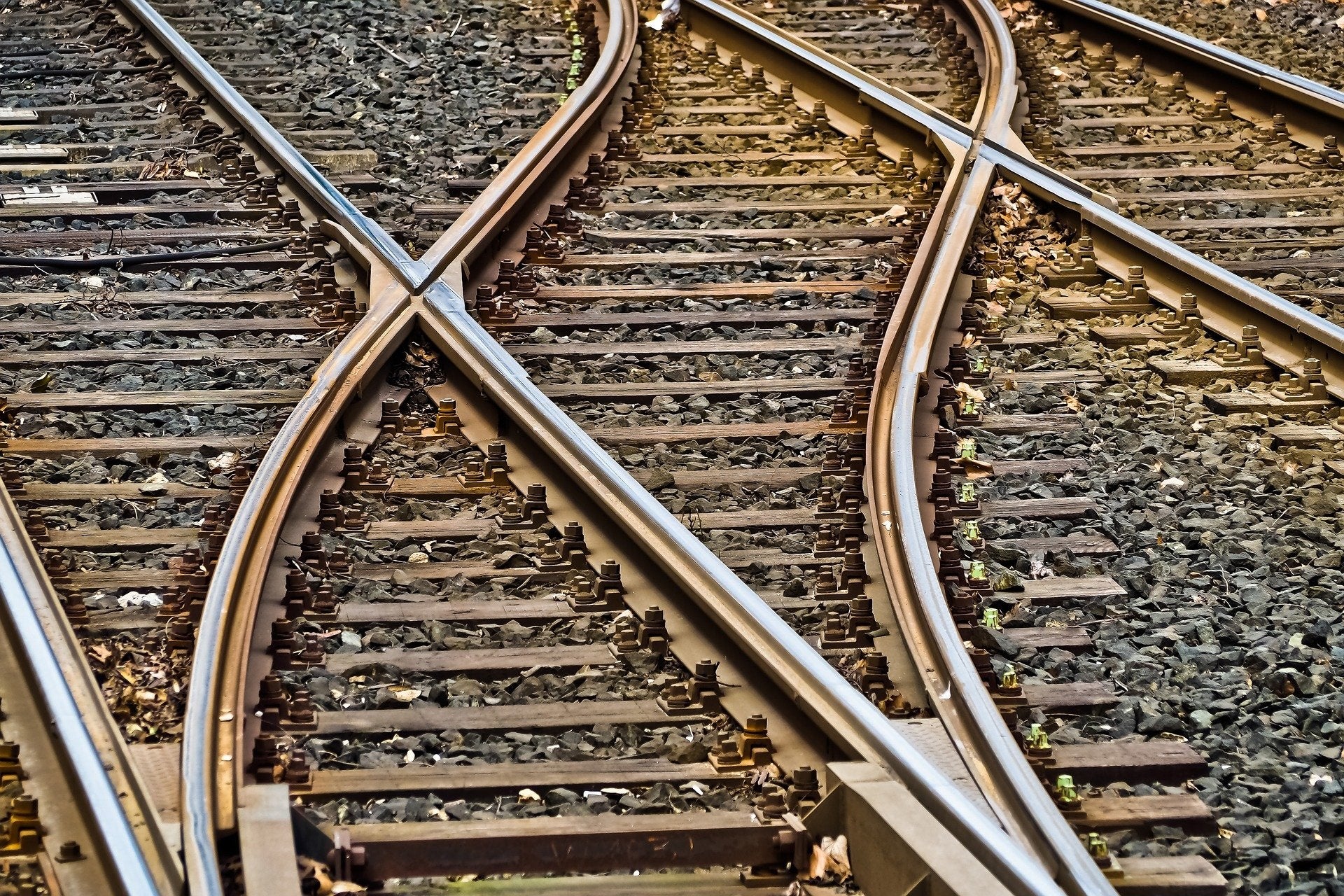
Hitachi Rail has announced that it has finished the acquisition of UK-based rail technology firm Perpetuum.
On 10 August 2020, Hitachi Rail had agreed to acquire Perpetuum to improve railway operations, offering better and optimised services.
With the completion of this deal, the technology firm will now work on enhancing, optimising and developing the application of the technology in Hitachi’s international transportation portfolio.
The wireless sensors of Perpetuum remotely detect faults, continuously, while the trains are running.
It estimates the ‘Health Status’ of the components and recognises possible issues so that the problems are fixed on time.
Hitachi Rail group CEO Andrew Barr said: “Hitachi is focused on expanding its digital innovation and sustainability offers, and the acquisition of Perpetuum achieves both goals. We’ll be able to improve the service to our customers using Perpetuum’s data-driven insights, leading to better journeys for passengers. We’re delighted to be expanding our portfolio with this exciting digital asset management solution across our global mobility business.”

US Tariffs are shifting - will you react or anticipate?
Don’t let policy changes catch you off guard. Stay proactive with real-time data and expert analysis.
By GlobalDataPerpetuum CEO Steve Turley said: “We are excited to be joining Hitachi Rail, not only for the opportunity to grow our core business across global markets but to continue to advance and transform railway and fleet management for all our customers and partners.”
By detecting on-board vibrations, Perpetuum’s self-powering sensors provide real-time information about the performance of vital train components, enabling timely replacement.
As the sensors do not require batteries, a single fleet can avoid the production of nearly 11t of toxic battery waste over its lifetime.
The sensors also reduce the cost of maintenance.
Meanwhile, Hitachi Rail has also formed its strategy to expand its digital capabilities, including Hitachi’s Lumada platform.
This platform depends on artificial intelligence (AI) and the Internet of Things (IoT) for converting data into actionable business insights.
Last month, Hitachi Rail Washington (Hitachi Rail) secured a contract from the US’ Washington Metropolitan Area Transit Authority (WMATA) to design and build 256 of the 8000-series railcars.
The total value of the contract was nearly $2.2bn, with the options to build up to 800 railcars.


